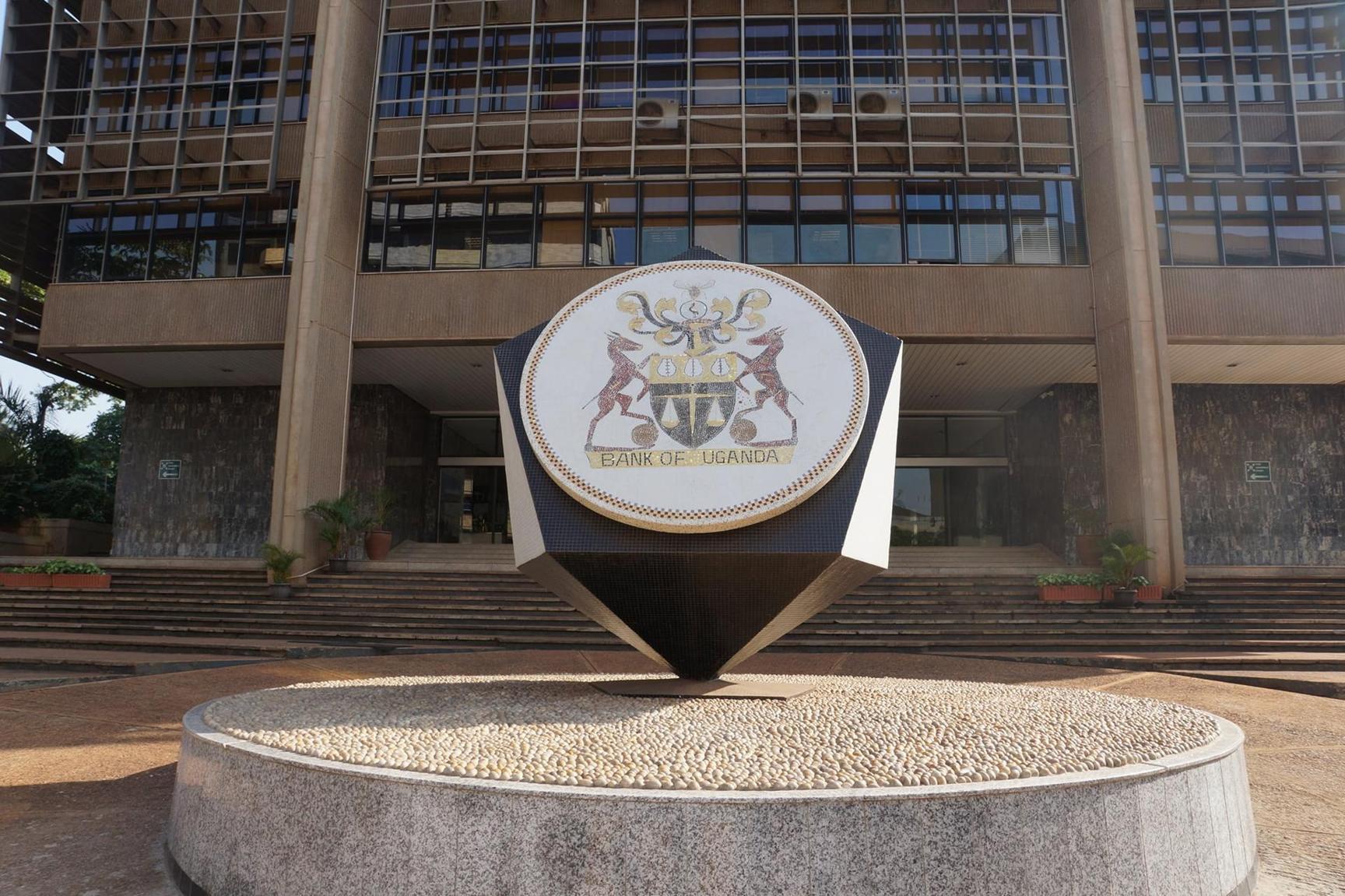By Simon Peter Wamahe
Africa-Press – Uganda. On September 26, 2025, UK Prime Minister Sir Keir Starmer announced the rollout of a new digital ID scheme. According to him, the initiative is designed to combat illegal working while making it easier for citizens to access essential government services.
At face value, this appears to be progress. The system aims to make identification seamless, efficient, and secure. The UK government asserts that the digital ID will prevent those without the legal right to live or work in the country from slipping through the cracks.
However, not everyone is celebrating. Critics warn of potential government overreach and privacy violations.
They cite examples from nations such as India and Vietnam, which have already implemented digital IDs, and France and Australia, which are pursuing similar paths.
In simple terms, a digital ID is a set of verifiable information tied to an individual, device, or entity within a digital ecosystem. It allows systems to confirm identity before granting access or processing transactions.
The World Bank has long championed digital ID systems for their potential to improve security, reliability, and efficiency, particularly in the financial sector.
When implemented correctly, they can make identification faster, reduce fraud, and improve access to services.
Yet, digital systems carry inherent risks. The same data that verifies identity can become a goldmine for malicious actors if exposed or mismanaged. Concerns around privacy and vulnerability extend far beyond the UK.
In Uganda, as in the UK, digital ID proposals face pushback. Opposition is often less about the technology itself and more about trust—or lack thereof—in the institutions that manage it. In the UK, citizens fear that digital ID could become a steppingstone to a Central Bank Digital Currency (CBDC), a concept heavily supported by the European Union.
A CBDC is essentially a digital version of a country’s physical currency, issued by the central bank and recognized as legal tender.
Unlike cryptocurrencies such as Bitcoin or Ethereum, CBDCs are government-backed. The concept promises efficiency, cheaper transactions, easier cross-border payments, and reduced costs of printing and storing cash—a logical evolution for central banks in the digital age.
Where it becomes complex is in programmability. CBDCs can, in theory, allow governments or institutions to control how money is used: money could expire after a certain date, be restricted to certain merchants, or even be switched off entirely. In the wrong hands, this is immense power.
India’s ongoing CBDC pilot illustrates this duality. While the system promises efficiency, critics warn of government overreach and the potential for tracking, targeting, or punishing political opponents.
Ugandans need to realize that Digital ID and CBDC are not merely tools of empowerment—they are instruments of control, presented as solutions while subtly encroaching on individual freedoms.
Globally, the push toward digital currency is reducing cash-based transactions, particularly in the Eurozone, giving governments unprecedented capacity to regulate and monitor financial behavior.
The lessons from Uganda’s recent history are clear. During the COVID-19 lockdowns, information flow was restricted, and citizens were often left in the dark as critical decisions were made.
Pastor Yiga’s experiences, for example, highlight how dissenting voices were suppressed. Introducing digital currency or ID systems in such a context risks repeating, and even amplifying, this pattern.
In conclusion, the Bank of Uganda should exercise caution and resist following the global trend without careful deliberation.
Warnings against CBDC have been issued by various quarters, including Prophet Elvis Mbonye on January 7, 2025, during his weekly fellowship, highlighting the potential of a cashless system to enforce total allegiance to “the systems of the world.”
Ugandans must weigh convenience against sovereignty, privacy, and freedom. Digital ID and CBDC may promise efficiency, but without accountability and robust safeguards, they risk becoming tools of control rather than empowerment.
Source: Nilepost News
For More News And Analysis About Uganda Follow Africa-Press






